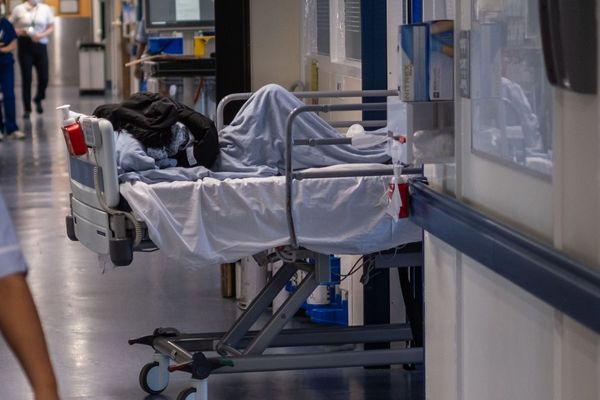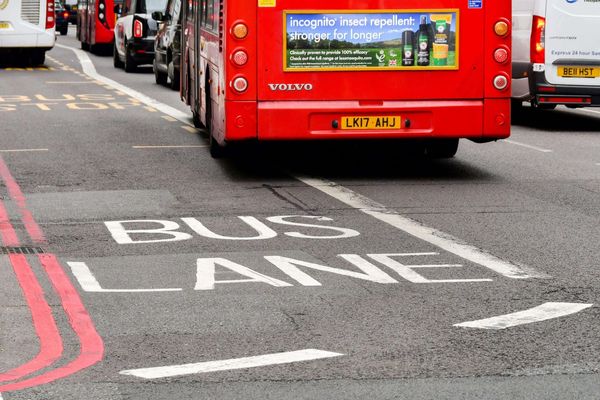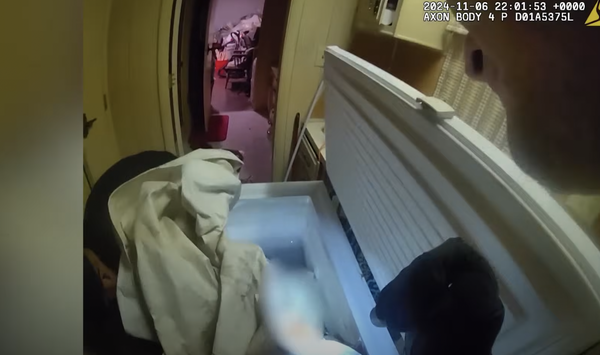
David Meija-Canales is the former chief of staff to Greens Senator Lidia Thorpe. Earlier this week, he shared on Twitter his experiences working as a staffer in response to the Albanese government’s decision to cut the parliamentary staff allocation for the crossbench. We’re republishing his story with permission with some light editing.
I’ve been a staffer for some five years all up. The job is bloody hard, excruciatingly hard.
The number of death threats and rape threats and sheer and utter violence you get from some constituents is appalling. I’ve been locked down by armed police in the office more than once because of how badly some people behave.
All of this was made worse during the pandemic. Oh God was it worse. Not all constituents of course, but it happens. A lot. The phone won’t stop ringing, people are coming into the office non-stop; most need quick help because government services have utterly failed them. And that’s just in the electorate office.
In Parliament, the government with the full support of the opposition would ram through 180 amendments to a bill that is already 500 pages long at the end of the day so they can vote on the bill first thing tomorrow.
As a staffer you have to then go through every single amendment and work through the whole bill line by line so you can advise your MP on how they should vote. You have to get through 1000 pages of dense legal text all over again to see where the devil is in the detail.
You’ll have people like lobbyists just walking into your office demanding your time as you do this. Don’t forget the phone hasn’t stopped ringing and the other chamber hasn’t stopped either so you need to stay on top of that and time is running out.
You’re considering things like how much should the government be allowed to spy on us without our knowledge? Or should people who have served their sentence be released, or should the AFP be given access to your social media accounts without a warrant and with what safeguards?
It’s really hard. The Albanese government knows how hard the job is because many themselves have been staffers. They themselves have staff and without those staff they would be cooked. And now you have to do this all this work in Parliament on your own and on a base salary of some $70,000.
This was a political decision. This isn’t some cost-cutting measure. If you want to talk about real cost-cutting, then let’s get rid of tax cuts for the ultra wealthy. This is a calculated move by the government against these politicians and the communities they represent.
Never mind that this huge workload will now need to be done by one person — which is terrible for their health, well-being and mental health — it’s bad for democracy and bad for work health and safety of working people. And we all know how good the Parliament is in terms of work health and safety. Fun fact: there are three hotlines at Parliament House for staffers to use if they experience WHS breaches or harassment. Three different 24/7 hotlines to report mistreatment at work as a staffer!
My days at Parliament started at 7am and ended anywhere between 9pm or 2am. Every. Single. Day. Now all of this will be the work of one person. Not to mention the travel, being away from your friends and family for long periods, the never-ending torrents of abuse.
Remember the Jenkins review, caused by the true courage of people like Rachelle Miller and Brittany Higgins sharing their stories? This is what commissioner Jenkins found: “The long and irregular hours of work was also identified as a factor that can ‘exacerbate the aggressiveness’ in the workplace. Many participants also highlighted a number of physical and psychosocial safety risks that arise in these workplaces”.
Imagine if your whole work department was cut to just you. The volume of work won’t change, or the expectations on its quality — but now it’s just you doing it.
Every single member of a community that is affected by this staffing change should be outraged. This is a deliberate decision by the government to block how much scrutiny they will be subject to. Meanwhile it’s the staffers on a base pay of $70,000 who will pay for it with their health.
I’m not a staffer any more. One day I’ll tell you about the man who came into the office to commit suicide and how I sat with him for five hours to comfort him. Or the time armed riot police raided my office because of a violent constituent.
Staffers make democracy work. Value them.
This post was updated to clarify that the Albanese government intends to cut parliamentary staff allocation from four to one, alongside four electoral office staff.







